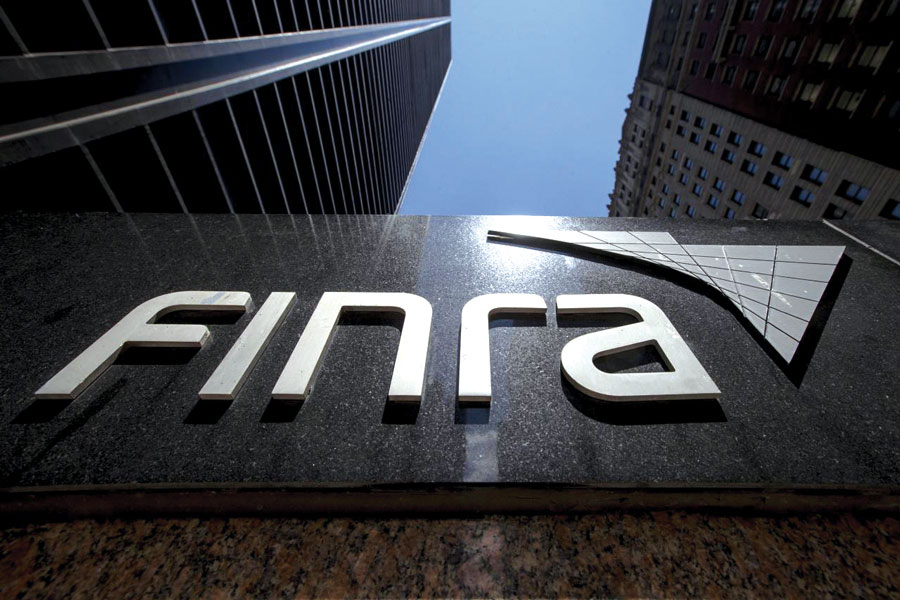Brokerages that have a track record of violations or that hire a high number of registered representatives with disciplinary actions in their past would draw tougher oversight under a Finra rule proposal released on Thursday.
Firms targeted by the Financial Industry Regulatory Authority Inc. as posing a heightened risk to investors, deemed "restricted firms," would also be required to shift money or qualified securities to an
account controlled by Finra at a bank or clearing firm.
The money in the segregated account, which could not be withdrawn without Finra's written consent, could be used to fund arbitration awards or for other purposes. Finra has been under pressure for years to reduce the number of
unpaid arbitration awards.
"I think it's a very effective proposal because it actually has an impact on [a firm's] pocketbook," said Elisse Walter, a Finra board member and former Securities and Exchange Commission chairman. "It is money that is then a buffer, and I think it will make a tremendous amount of difference."
Finra's ability to dip into rogue firms' finances is the key to deterrence, according to Emily Gordy, a partner at the law firm McGuireWoods and a former Finra senior vice president for enforcement.
"It is more than having funds available to pay awards or judgments," Ms. Gordy said. "The restrictions of a portion of the firm's capital, absent Finra's OK to access, impacts the bottom line, and they clearly hope that it will change the behavior of the small number of firms they are most concerned about."
But Daniel Nathan, a partner at the law firm Orrick, said segregating firm money is heavy-handed.
"It feels like this is a back-door way of imposing additional capital requirements on firms that Finra doesn't like, or, alternatively, a way of making firms off-load reps as a way of avoiding the capital requirements," said Mr. Nathan, a former Finra vice president and director of regional enforcement.
The proposal is open for public comment until July 1. Finra rules must be approved by the SEC, which often conducts its own comment process.
Finra has been
under pressure for years to crack down on firms that hire a high number of brokers who have violated the self-regulator's rules and caused investor harm. In April 2018, it issued
guidance on heightened supervision.
Under the new proposal, firms would be selected for tougher Finra oversight by a multi-step process in which Finra calculates whether they have exceeded misconduct thresholds. Finra is zeroing in on firms that hire brokers with a record of violations.
"Finra has identified certain firms that have a concentration of individuals with a history of misconduct, and some of these firms consistently hire such individuals and fail to reasonably supervise their activities," the proposal states.
At the end of last year, there were 20 small firms (fewer than 150 registered representatives) with 30 or more disclosure events over the last five years, according to Finra. There were 10 mid-size firms (with between 151 and 499 reps) with 45 or more disclosures and five large firms (more than 500 reps) with 750 or more disclosures.
Under the proposal, Finra would be more nimble in confronting those firms because it could use the disclosure threshold calculation rather than the slower examination and enforcement tracks.
"The idea is to [react] when the risk is identified as opposed to when the disciplinary process is completed," Ms. Walter said.
But Mr. Nathan said enforcement can be inefficient for a good reason.
"Sometimes enforcement is wrong, and the firm is not deserving of discipline," he said.
Firms would be able to appeal a "restricted" designation.
"There is a process built in to make this fair," Ms. Walter said.







